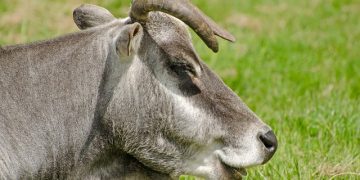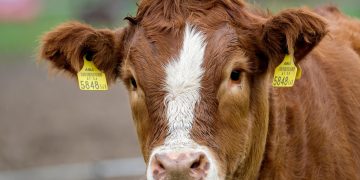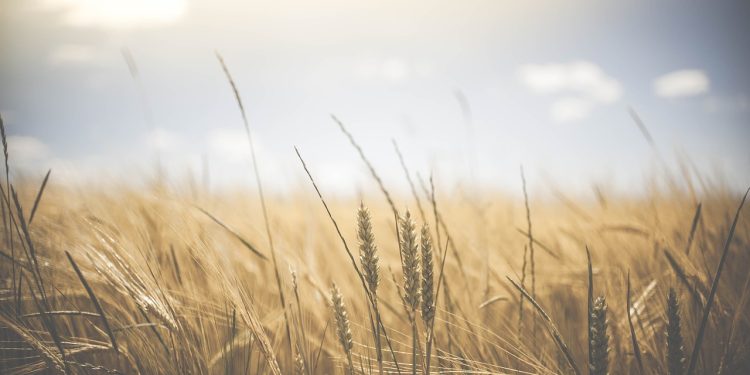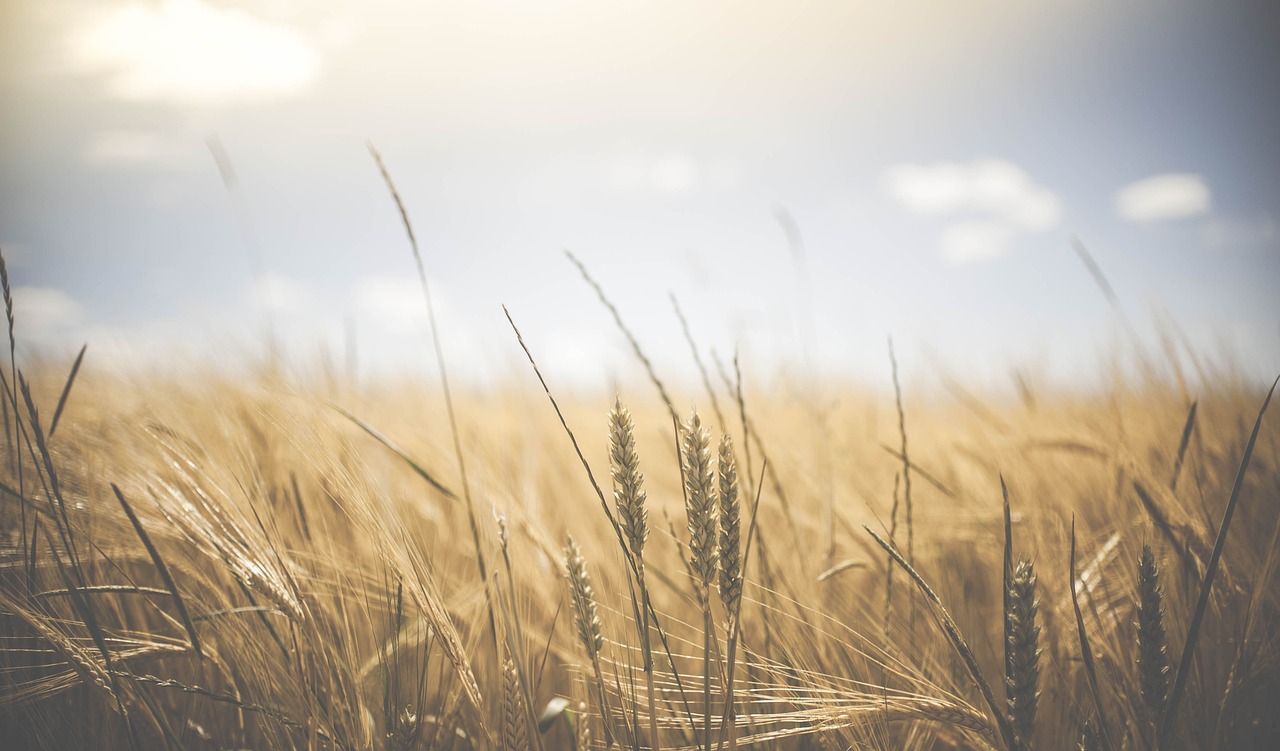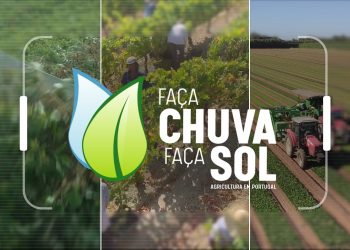The dust has now settled from the reception of the CAP Vision paper on the future of EU farming, with the various stakeholders having expressed their opinion in the manner that usually characterized such general and all-encompassing texts. Mostly positive as the Communication puts EU agriculture back at the forefront of the farm policy debate and the role of the sector is presented based on facts rather than emotions, but with the environmental community worried as the “aspirational” narrative of the previous period is evidently absent.
My perception is mixed. I find promising that the debate about the future of EU agriculture can focus again on the multitude of challenges faced by the sector with clearly a more balanced approach when it comes to addressing their economic, environmental and social dimension. What I find worrying is the lack of any prioritization and the absence of any causality link between the various challenges presented and the potential responses to them.
That such responses are mainly absent, left for some subsequent phase to be developed, is not so much the problem; rather, it is a standard procedure when the CAP budget is still an unknown. The problem is the persistence of some and the emergence of new areas where suggested “solutions” fail to identify in broad terms the manner by which the problem defined is expected to be solved. The most obvious example is the focus on addressing “below cost production” without even an attempt to identify the cost at stake (average or marginal, farm-level or sectoral) or the policy mechanism by which this can be addressed without creating a bigger problem than the one already present.
But the biggest problem I see is that in a text where competitiveness appears exactly 30 times, sustainable productivity does not appear once! One could claim that implicitly productivity is present with so much focus on innovation, investment, decarbonization etc. But I am afraid that the issue here is not just semantics; it is a reflection of a persistent hesitation to mention the word productivity because it might upset a certain group of stakeholders that still consider the EU as having the luxury of splendid isolation from the global need to produce more with less. And the allergy to this notion (to be clear, not necessarily of the Commission, but of an audience to which the Commission continues to assign more significance than in my opinion deserve) could lead to a policy debate that also avoids to correctly address the changing nature of competitiveness itself.
The increased competitiveness of the EU’s agri-food system during the past three decades has not been the result of some accident; rather, it has been the concrete outcome of a well thought policy design. The process has certainly been gradual, both in terms of scope of products covered (first cereals, then beef and Mediterranean products, finally dairy and sugar) and in terms of time of the CAP reforms implemented (1992, 2003/04, 2008). But within the span of 15 years, EU support prices were significantly reduced to roughly half of their pre-reform levels, quotas were abolished, tariffs were reduced and market access improved (not symmetrically, but this was the case everywhere in the WTO agreements). The result has been the convergence of EU with world market prices (see graph below) and the impressive growth in the EU’s agri-food trade surplus.

The fact that there are still areas where EU market access is contested (by the US on meat products, for example) does not change by a single iota the fact that all WTO trade partners faced the same global framework to which they all agreed, and that within this framework some did better and some worse. That the EU clearly better, Brazil much better, but the former reduced emissions while the latter increased them dramatically. This alone would have merited some mention concerning the competitive performance of EU’s agri-food in the Draghi report, but for reasons known to its authors they opted to leave the sector out, including any lessons one could draw from it.
But it is not Draghi’s omission that is of concern here. Rather, it is the omission of sustainable productivity from the CAP Vision which is not neutral in the policy debate on future EU agri-food competitiveness. Because if past competitiveness was measured mainly in terms of comparing the price gap and measuring the agri-trade balance, competitiveness in the future will have to account for the uncertainties surrounding this price path, both globally and within the EU.
Here is where sustainable productivity becomes crucial and pivotal. Unlike the past, when EU agri-food competitiveness increased when EU prices declined towards world market price levels, future EU agri-food competitiveness would have to address an upward pressure on all prices and a deterioration of the terms of trade for agriculture.

Unless productivity grows, and does so by simultaneously reducing agriculture’s footprint, EU competitiveness would suffer. Yet the Vision paper is totally silent on this challenge, and in this way fails to see the red thread that links the various general priority areas of the paper together. How “attractive and predictable” can the agri-food sector be and how “competitive and resilient in the face of rising global competition and shocks” without a clear boost in its productivity? How “future proof…functioning within planetary boundaries” will the agri-food be if it fails to do so sustainably?
The answer to the above questions is essential for the choice of policy measures and the prioritization of the actions that could bring about the desired changes, and their potential impact on sustainable productivity could form the filter through which the long list of items mentioned in the CAP Vision Communication, some challenges, some opportunities, some expectations or legitimate wishes, could come together in a coherent proposal.
One would like to hope that as the debate about the CAP future becomes more concrete and the public dialogue advances (the May 8 Vision Conference could provide such an opportunity) the proposed means to achieve such changes will also become clearer.
O artigo foi publicado originalmente em Linkedin.

